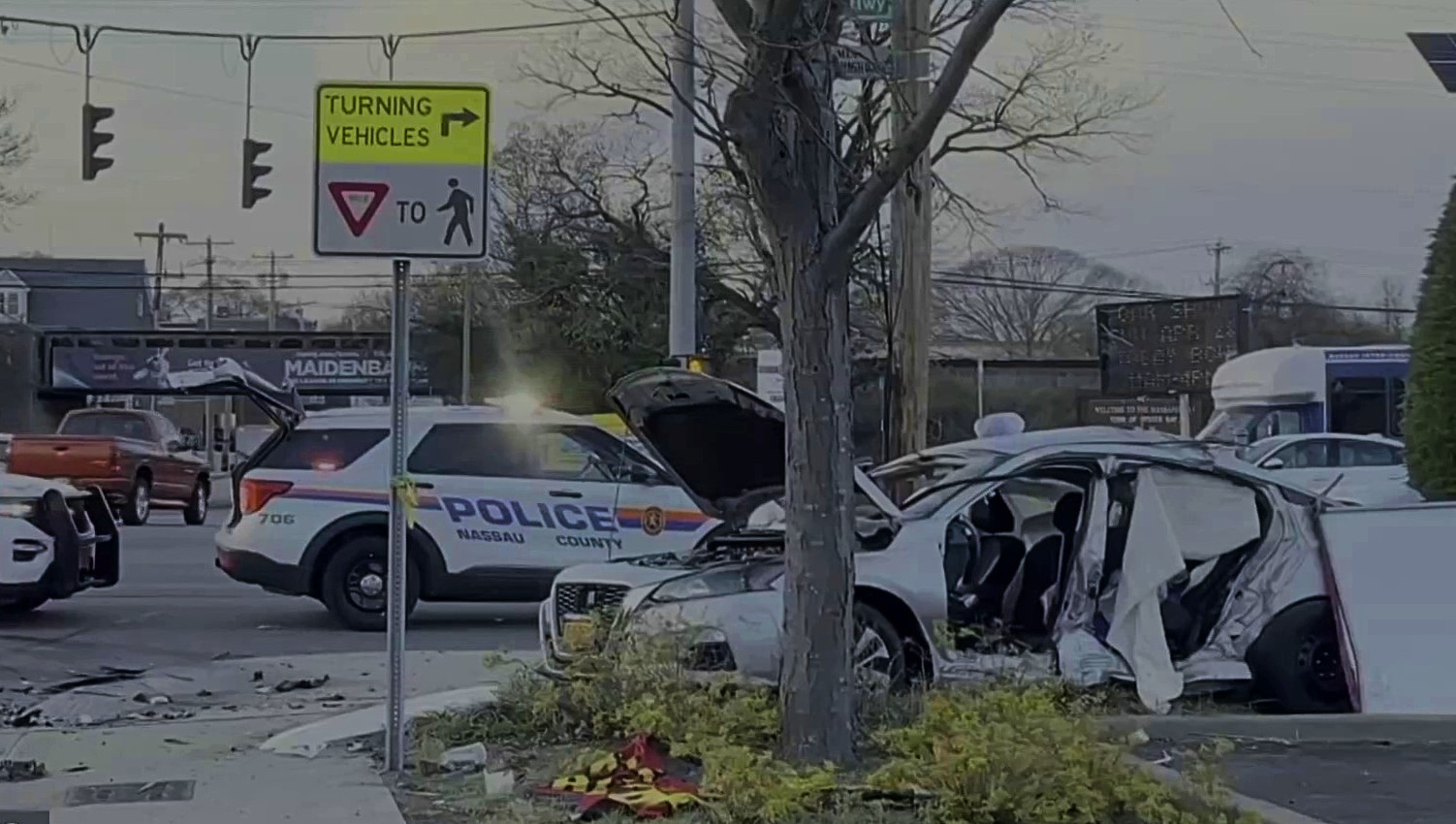What to Know
- A 24-year-old Brooklyn man has pleaded guilty in federal court to the destruction of a vehicle for cutting a brake line of an NYPD van during last summer's George Floyd protests
- Jeremy Trapp also admitted lying on a COVID-19-related business loan application that landed him thousands of dollars in stimulus cash for a company that never existed
- The COVID fraud was discovered when authorities were executing a search warrant in connection with the sabotaged NYPD van case
A 24-year-old Brooklyn man has admitted to sabotaging an NYPD van by cutting one of its brake lines during the George Floyd protests last summer and for lying on a COVID-19-related loan application that landed him stimulus cash for a fake business, federal prosecutors in New York said Friday.
Jeremy Trapp pleaded guilty to two charges -- one count of destroying a vehicle in the NYPD van case and one count of wire fraud in the COVID loan case. The latter charge could land him up to 20 years in prison alone.
In the sabotage case, Trapp crawled under a marked NYPD van parked near Fourth Avenue and 42nd Street in Sunset Park on July 17 and partially severed a line that is part of the NYPD Van’s anti-lock braking system, which looks like the vehicle’s main brake line, court documents say. That could have put anyone driving it at risk.
Get Tri-state area news and weather forecasts to your inbox. Sign up for NBC New York newsletters.
The month before that, Trapp submitted an application to the Economic Injury Disaster Loan (EIDL) program, which provides qualifying small businesses with low-interest loans and was expanded to provide economic support to help offset pandemic-related losses, court papers say.
In that application, Trapp claimed to be the sole proprietor of a car wash business located at his home address in Brooklyn, which in reality was a multi-unit residential building. He also said he employed 10 individuals and that his gross revenue for the 12 months prior to the COVID-19 pandemic was $150,000.
News
The car wash never existed, prosecutors say. Based on Trapp's false statements, he was awarded a $42,500 loan and a $10,000 grant from the Small Business Administration. Those funds were deposited into his bank account.
On July 13, Trapp withdrew about $9,000 in cash from that account. The fraud was discovered later, when authorities were executing a search warrant in connection with the sabotaged NYPD van case, officials have said.
"With his admissions of guilt today, Trapp will face the consequences of his
flagrantly lawless and fraudulent conduct, first, in endangering the lives of police officers by sabotaging one of their vehicles, and second, by lining his pockets with stolen government funds intended to provide relief during the COVID-19 pandemic," Acting U.S. Attorney for the Eastern District of New York Mark Lesko said in a statement Friday. "This office and its law enforcement partners will bring to justice any individual who deliberately jeopardizes the safety of the police and steals funds from government programs intended to help deserving recipients."



